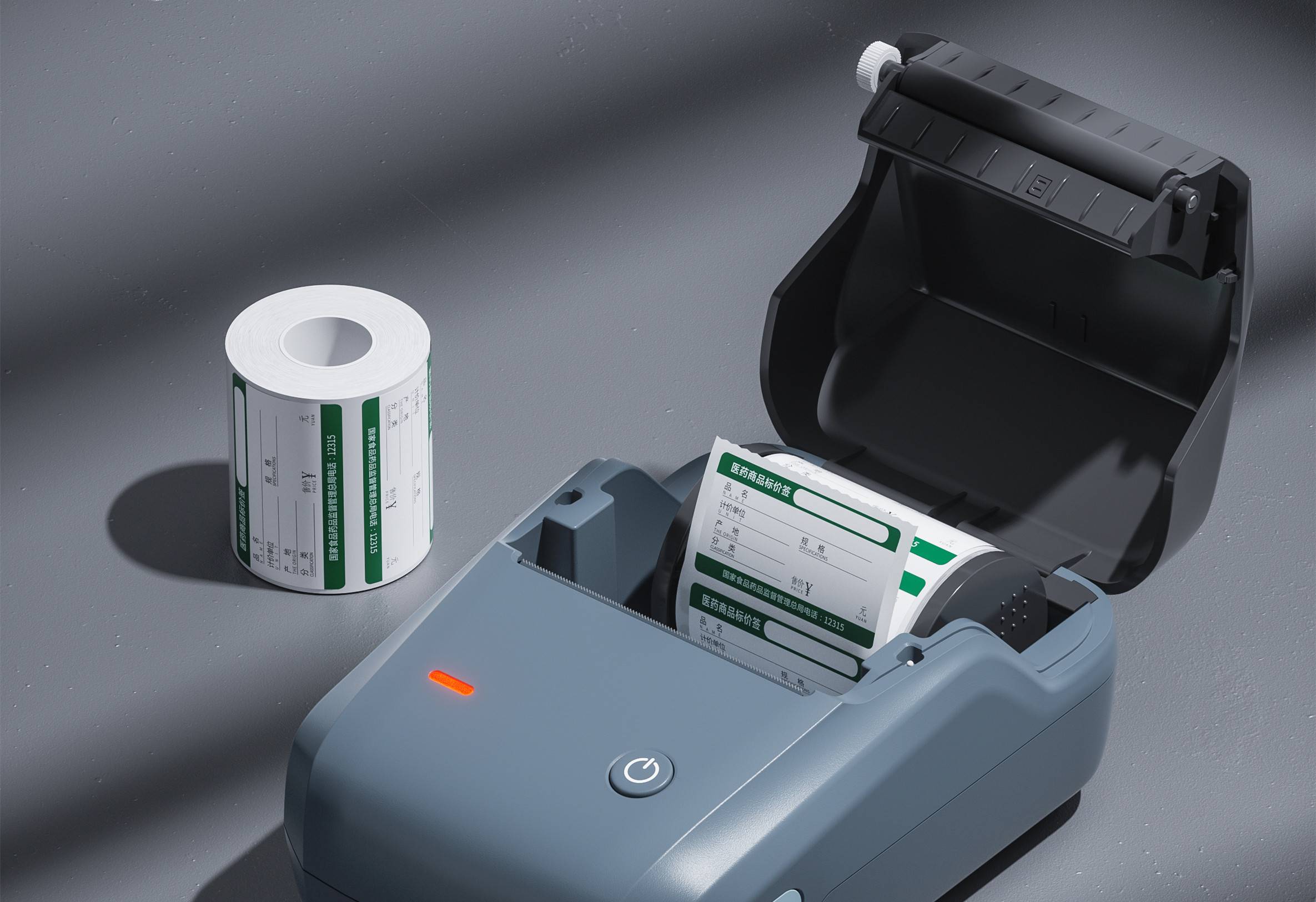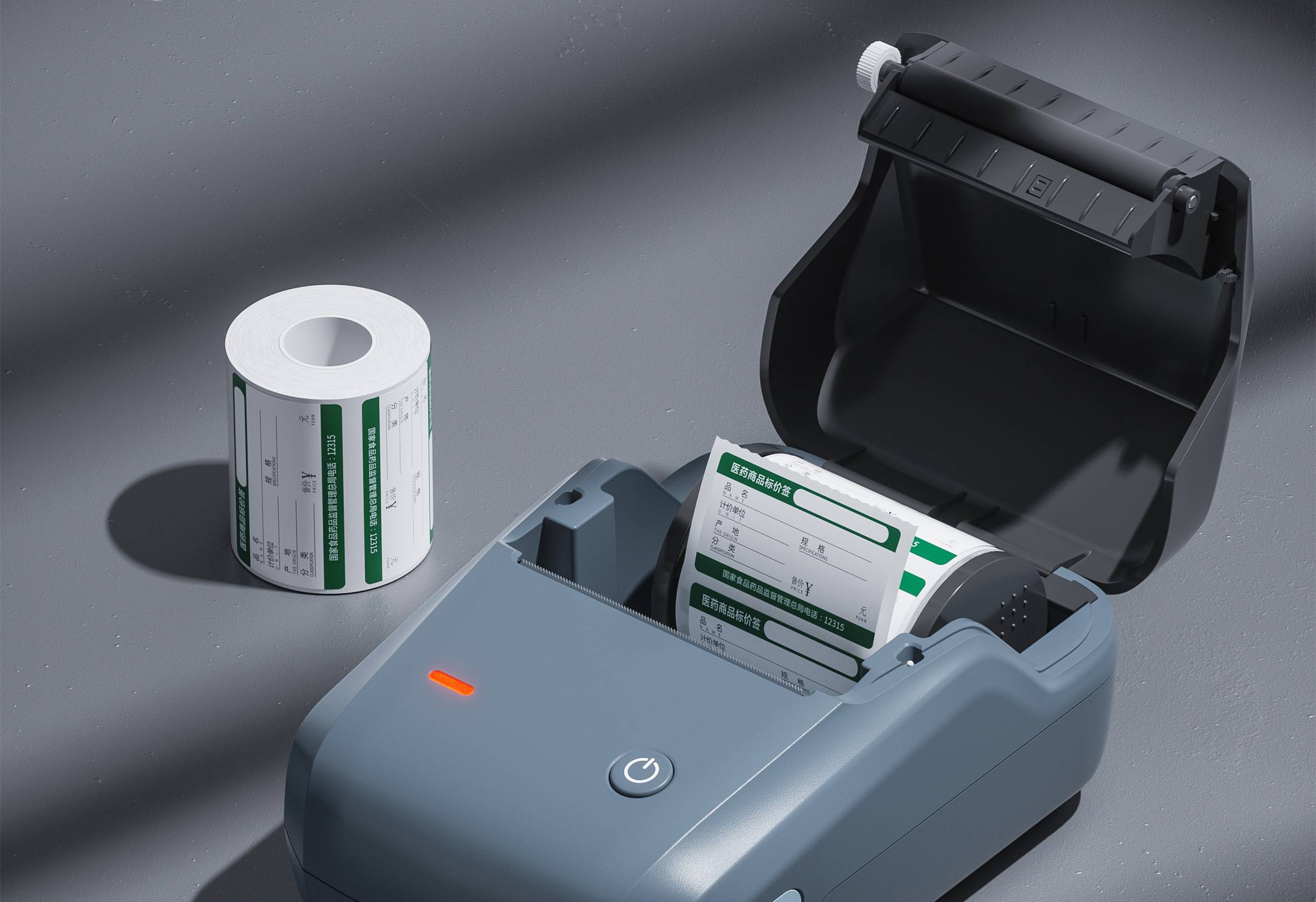
basic introduction
Under the optical microscope, the science of studying the regularity of the morphology of metal materials is called "metallography". Metallographic analysis is an indispensable and important means for testing material organization and ensuring product quality. With the development of science and technology, especially optical technology, the performance of optical microscopes has gradually expanded, such as the application of dark field, polarized light, phase contrast, differential interference, infrared light and ultraviolet light, etc., which has improved the clarity and resolution of metallographic structure. .
Analysis items and standards
Test material | Test items | standard test |
Steel materials | Routine analysis, decarburized layer, inclusions, grain size (Including general steel and stainless steel), hardness gradient, macro samples, welding structure (including heat affected zone, welding seam, base material) | GB/T 6462-2005,GB/T 13299-1991, JB/T 7710-2007,JB/T 7713-2007, GB/T 13320-2007,GB/T 11354-2005, JB/T 9211-1999,JB/T 6141.2-1992, JB/T 6141.3-1992,QC/T 29018-2005 QC/T 262-2005,GB/T 1299-2000,JB/T 1255-2001,GB/T 7216-1987,GB/T 9441-1988,JB/T 9204-1999,GB/T 14979-1994,GB/T 9450-2005,ISO 2639:2002(E),GB/T 9451-2005,ISO 4970:1979(E),GB/T 224-1987, ISO 3887:2003(E),GB/T 5617-2005,ISO 3754:1976(E),GB/T 10561-2005,GB/T 4335-1984,ASTM E45-2005e2, DIN 50602-1985,YS/T 347-2004, |
Copper and copper alloys | Microstructure, grain size | QJ 2337-1992,YS/T 347-2004 |
Aluminum and aluminum alloy | Cast aluminum alloy metallographic casting aluminum silicon alloy metamorphism | JB/T 7946.1-1999 |
Casting aluminum alloy metallographic casting aluminum silicon alloy overfire | JB/T 7946.2-1999 | |
Cast aluminum alloy metallographic cast aluminum alloy pinhole | JB/T 7946.3-1999 | |
Casting aluminum alloy metallographic casting aluminum copper alloy grain size | JB/T 7946.4-1999 | |
Inspection method for microstructure of deformed aluminum and aluminum alloy products | GB/T 3246.1-2000 |
Test process
For metallographic analysis, first of all, samples should be prepared according to various inspection standards and regulations. If they are not prepared properly, artifacts may appear, which can lead to wrong conclusions. Therefore, the preparation of metallographic samples is very important. Generally, the preparation steps of metallographic samples are: sampling, inlaying, labeling, grinding, polishing, and etching. But not every metallographic sample preparation must go through the above steps. If the shape and size of the selected sample are suitable for holding and grinding, no mosaic is necessary. If non-metallic inclusions in metallic materials or graphite in cast iron are inspected, no etching is necessary. In short, the sample preparation steps should be determined according to the inspection purpose.
Our advantage
1. With a professional qualification and experienced expert technical team, we can provide you with professional consultation and services.
2. Have advanced laboratory equipment to ensure the accuracy and reliability of test data.
3. As a third-party testing and certification organization trusted by customers worldwide, we are your certificate of quality.

Label printers entering the Brazilian market, ANATEL certification is an essential passport! It is the recognition of the Brazilian Telecommunications Authority for the safety and compliance of electronic products, without which products cannot be legally sold.

SRRC certification is not only a guarantee of product compliance, but also a key to opening up the market.

FCC ID certification is a mandatory certification for electronic products by the Federal Communications Commission (FCC) in the United States, and it is essential for label printers to obtain this certification.
Under the optical microscope, the science of studying the regularity of the morphology of metal materials is called \"metallography\".
Get a quote